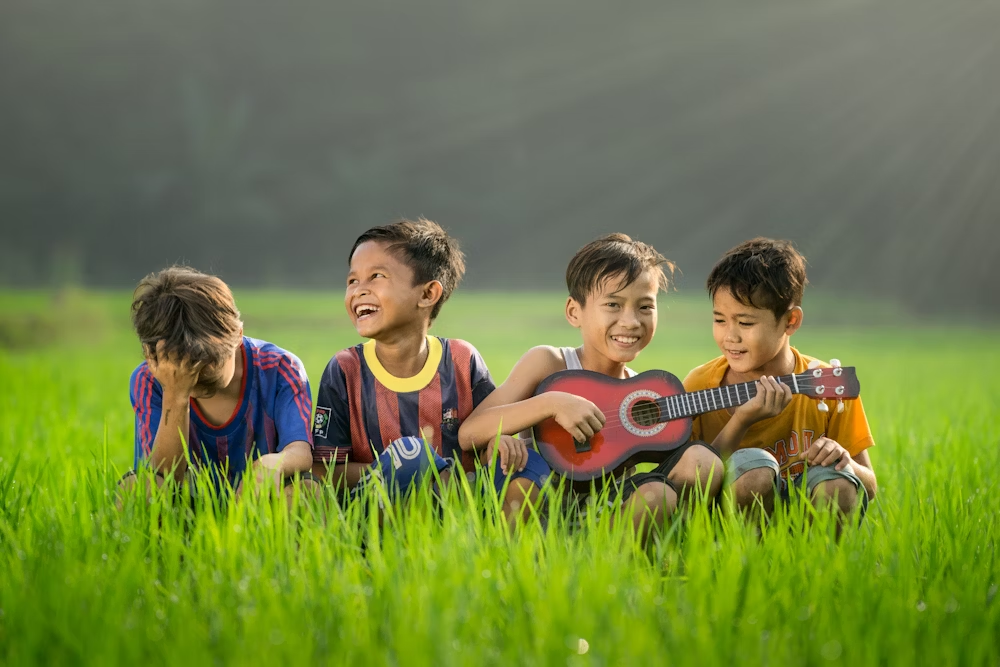A few years ago, the representative of a pension company in South Africa advised his audience that the first person who would live to be 150 years old was already 50-years-old, while the first person who would live to be 200 years old was already alive. That is quite a thought, even if it will be difficult to prove the accuracy of such a claim. We might draw certain conclusions from all that — retirement is going to be very long! We are going to be old for a long time! If that is the case, then we need to make sure we stay young as long as we can!
George Carlin has recorded a wonderful piece about how we, as humans, have different attitudes when we are asked how old we are. “If you are less than 10-years-old, you are so excited about aging you think in fractions. ‘I am four-and-half going on five.’ You are never thirty-six and a half! When in your teens, you jump to the next number or even a few ahead. ‘I am gonna be 16!’ You could be 13, but hey, you’re gonna be 16! And the greatest day of your life….. you ‘become 21’. Even the words sound like a ceremony. You ‘become 21’. Yesssss! But then you ‘turn 30’. Ooooooh! What happened here? You become 21, turn 30, then you are ‘pushing 40’. Whoaaa! Put on the brakes! Before you know it, you ‘reach 50’! But wait!! You ‘make it to 60’. You weren’t sure you would! So, you become 21. Turn 30. Push 40. Reach 50 and make it to 60. You’ve built up so much speed that you ‘hit 70’! After that it is a day-by-day thing. You get into your 80s and everyday is a complete cycle; you hit lunch; you turn 4:30; you reach bedtime! And it doesn’t end there. Into your 90s you start going backwards. I was just 92! Then a strange thing happens. If you make it over 100, you become a little kid again. I’m 100-and-a-half.”
We see some of this attitude in those adults who try to be ‘oldest teenager in town’ — they dress, speak, act as if they were a teenager, thinking they impress everyone (especially younger folk) if they do so. The reality is, there is nothing worse or more embarrassing. Actually, there might be! What is worse than the oldest teenager could be the youngest adult. And parents can be guilty of making their child become an adult too soon.
What all this says surely, is that we need to let and encourage and teach kids to be kids, teens to be teens, and adults to be adults. Most importantly, let us underline this important point. Children must be children. Luke Bryan, an American country singer, in his song ‘Most People Are Good’, includes the line: “I believe kids oughta stay kids as long as they can”. It seems a pretty obvious thing to say (or sing) but all too often adults want children to grow up quickly; they push them to do things that children should not nor need not do.
Instead, Luke Bryan sings, kids should “Turn off the screen, go climb a tree, Get dirt on their hands”, but the reaction of many parents is to say, “ooooh, no, they might get sick, or hurt, or injured or dirty or sunburnt or stung or …” Children need to learn to explore, experiment, exercise. Above all, they need to have fun — as adults we complain that there is no time for fun and we transfer that onto the children. We often speak of the innocence of youth, as being a key aspect of childhood, yet we rob them of that innocence with the gadgets that we give them to ‘play on’.
We push our children academically from a very young age, making them study, attending extra lessons, specialising in one area, all to get ahead of the other children, often by not being with other children (as they “might be a bad influence on our child, after all, oh dear!”). Children have a natural propensity to have fun; it is adults who lead them to end up saying, “that’s boring”.
Often adults tell children not to be so childish but that is what children do; children are meant to be childish, by very definition. It is the adults who should not be so childish. People think that adults have no fun — maybe they could learn from children on how to have fun — except we have stopped children having fun! We spend half our life wanting to be older — but then we spend the rest wanting to be younger! Hello! We spend half the time wanting our children to be older — and then we want them to be younger again. There is plenty of time for children to be adults; let them be children.




